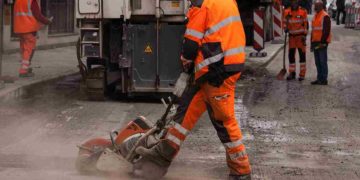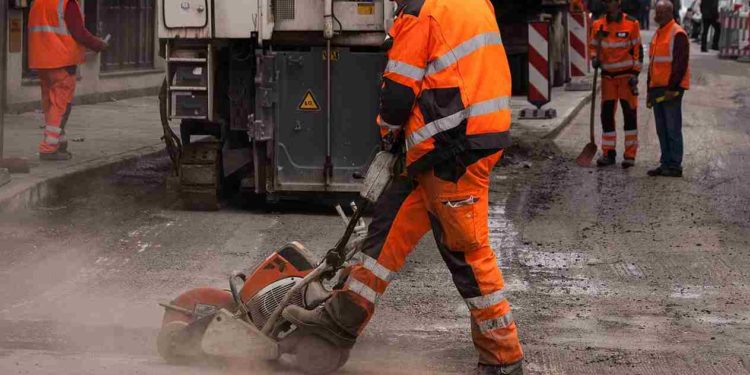Do you remember the last time you went for a hearing test? In the aloud modern world, it’s becoming increasingly important to protect our hearing from noise. However, lots of people can’t help but be exposed to high decibels in their everyday working environments.
In this guide, we’ll take a look at why it’s so important to protect your hearing at work – and what employers should be doing to help, too.
Table of Contents
Why is ear protection important?
According to recent scientific research, at least 12% of the world’s population is at risk of noise-induced hearing damage or loss. The most common cause of preventable hearing loss is exposure to loud noise, which can be possible from just one event.
The consequences of hearing damage or loss can be debilitating to a person’s health, affecting much more than just daily conversation. Protection and prevention are important because:
- Hearing loss is linked with cognitive decline and heart problems, including hypertension (high blood pressure) and heart disease
- Losing your hearing can lead to a decline in quality of life; struggling to hear voices and music means it’s easy to lose enjoyment in daily activities
- Frequent exposure to loud noises can cause tinnitus, a condition characterised by permanent ringing, buzzing, or humming sounds in your ears
What should employers do?
When it comes down to work-related hearing loss, it’s important to know who’s responsible.
It is a legal requirement for employers to provide you with hearing protection if you’re working in an environment reaching over 85 decibels. Employers must take responsibility for limiting workers’ exposure to any noise sources that could potentially damage hearing.
Some of the most innovative earplugs on the market can be worn in multiple different positions, making them an incredibly comfortable, versatile addition to your usual working clothes. We recommend using branded, trusted earplugs to ensure high-quality protection.
Noise levels in different industries
Manual workers using heavy machinery are amongst some of the most vulnerable employees in any industry. Some of the loudest job sectors include:
- Bartending: in bars and clubs, staff in hospitality are exposed to high noise levels throughout the day and the night
- Food production: Most food and drink production lines emit high noise levels, often exceeding 85dB: blast chillers and freezers reach volumes as loud as 107dB
- Airport runway marshaling: from the runway, jet engines are incredibly loud
- Music: from rock stars to orchestral musicians, a career on stage increases the risks
- Road and construction: particularly for those using drills, wearing effective protection is essential
Whichever industry you work in, check with your employer if you’re worried about volume levels and protecting your hearing – a new pair of earplugs could be essential.



















